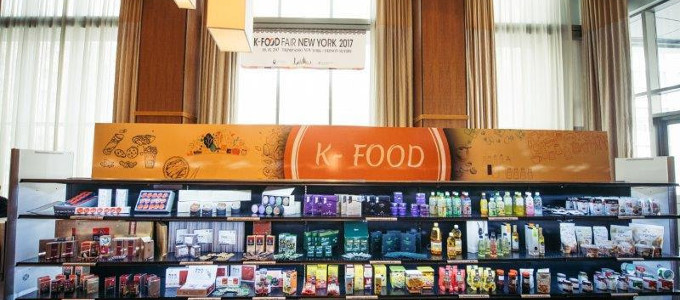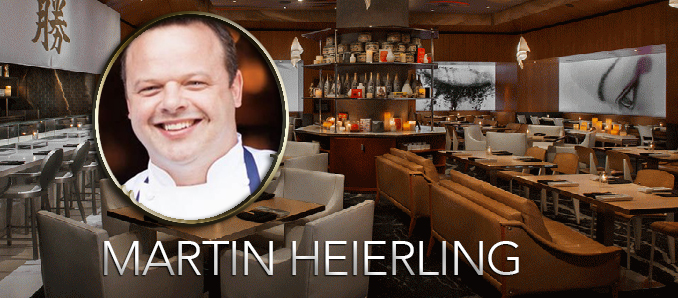Fire safety is a significant consideration in most commercial and residential places, but the risks are much greater in certain environments. Restaurants and commercial kitchens are some of these – where not only the risks of fire are heightened, but the potential consequences are too. Below we explore why fire safety is so crucial in commercial kitchens and how you can best prepare for the worst.
Why is fire safety important?
Fire safety in every commercial building is a legal requirement in the UK, but you must follow the appropriate legislation in your region. However, fire safety is more than simply following the law, it’s about protecting your business, staff, customers and livelihood.
Neglect of fire safety can have dire consequences for everyone involved. Your business could close for good, your staff could be without work and the ability to support their family, your customers may come to harm and you could face legal action if you’re guilty of neglect. Therefore, it’s better to focus on the precautions rather than increasing the risk of having to deal with the consequences.
What are the main fire risks in commercial kitchens?
Restaurants and kitchens are vulnerable to a few fire safety hazards. These mainly revolve around kitchen appliances and equipment, the actions of staff and electrical systems.
One of the main causes of kitchen fires is improperly maintained ducting and ventilation systems – which can be at greater risk of ignition when not cleaned properly. Overheating oil or fat can also increase the risk of fires. Electrical maintenance should be done regularly on appliances and lighting to ensure that the risk of ignition is reduced.
Something that many forget is that everyone operating in a kitchen environment needs an appropriate level of safety and skill training to ensure that they aren’t making mistakes that could lead to fires.
What steps should be taken to mitigate the risks?
As mentioned in the last section, proper cleaning and maintenance of all systems in a commercial kitchen environment are essential to reduce the fire risk. Provide regular safety training as a reminder to all staff of the dangers of kitchen fires and how to avoid them. Old or outdated equipment should ideally be upgraded to avoid the risks that come with it.
Read Also: Insights: 6 Valuable Business Tips for College Students – F & B
Precautions are one thing, but you need to be prepared for circumstances if the worst happens. Risk assessments should be carried out and policies devised to plan the emergency evacuation of everyone in the building if necessary. Fire alarms should be regularly tested and serviced. Fire fighting equipment should be easily accessible in the kitchen area and throughout the building, and emergency exits should be clearly outlined in the premises. Other safety features such as door closers can be supplied by companies such as RS, which can help to stop the spread of fires throughout a building.
Hopefully, if all the precautions are implemented, you should be able to mitigate many of the risks concerning fire safety in a commercial kitchen – but you can’t guarantee anything. Emergency preparation is crucial to give yourself the best chance of reducing damage to people and premises – it could be the difference between a minor scare and a full-blown crisis.







